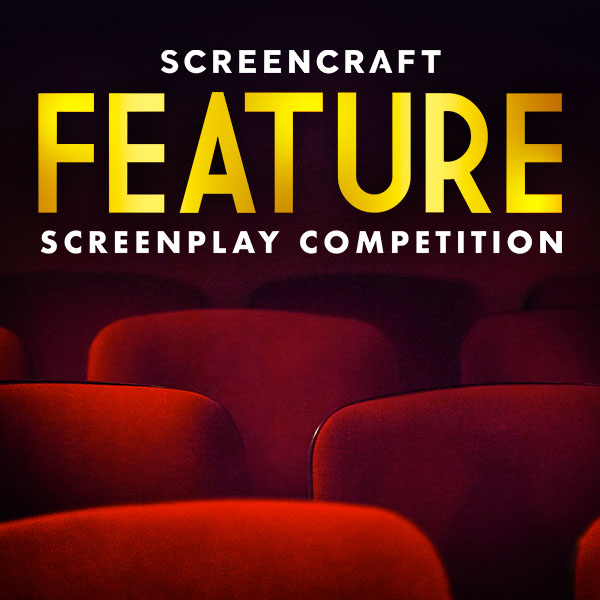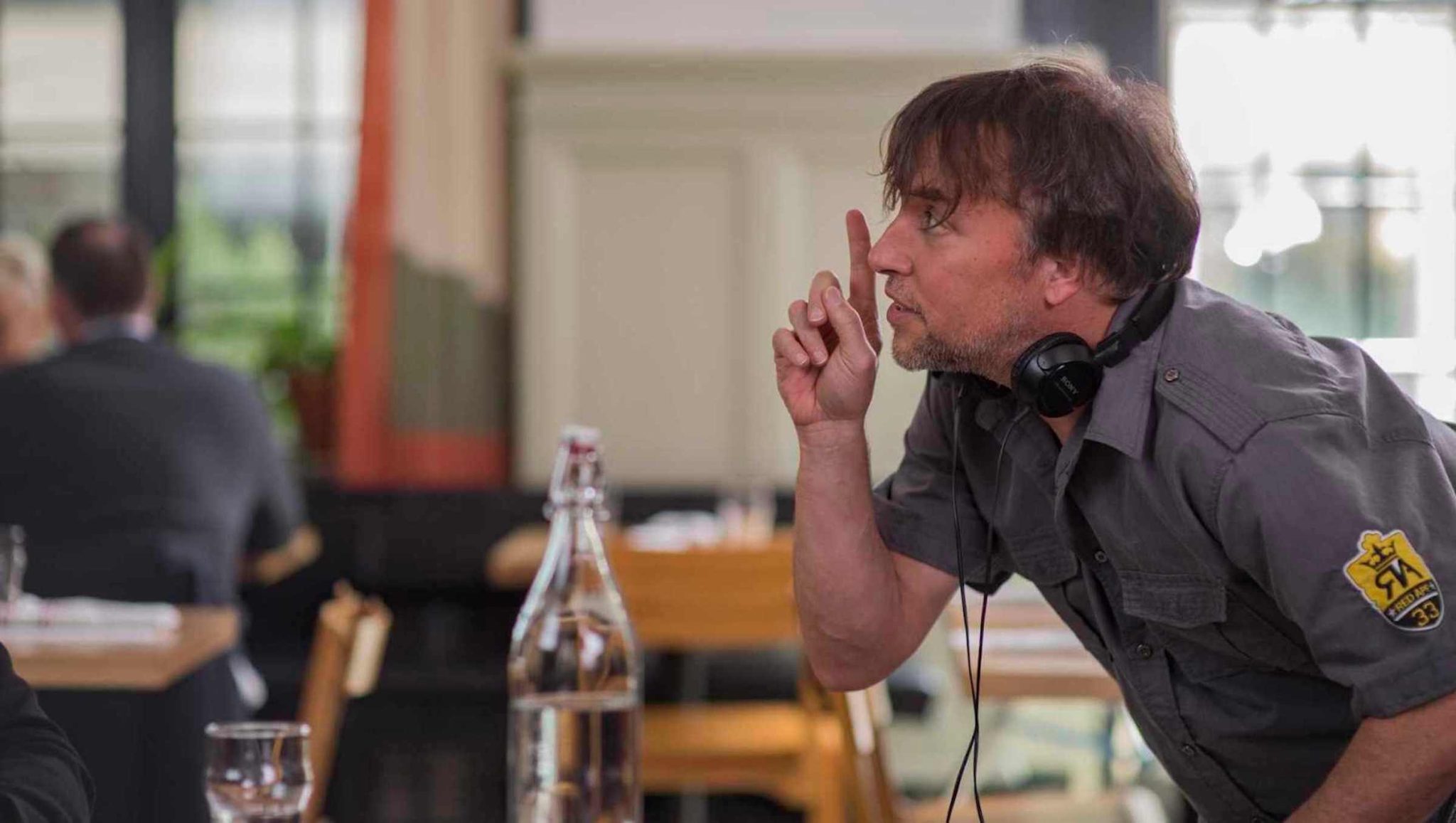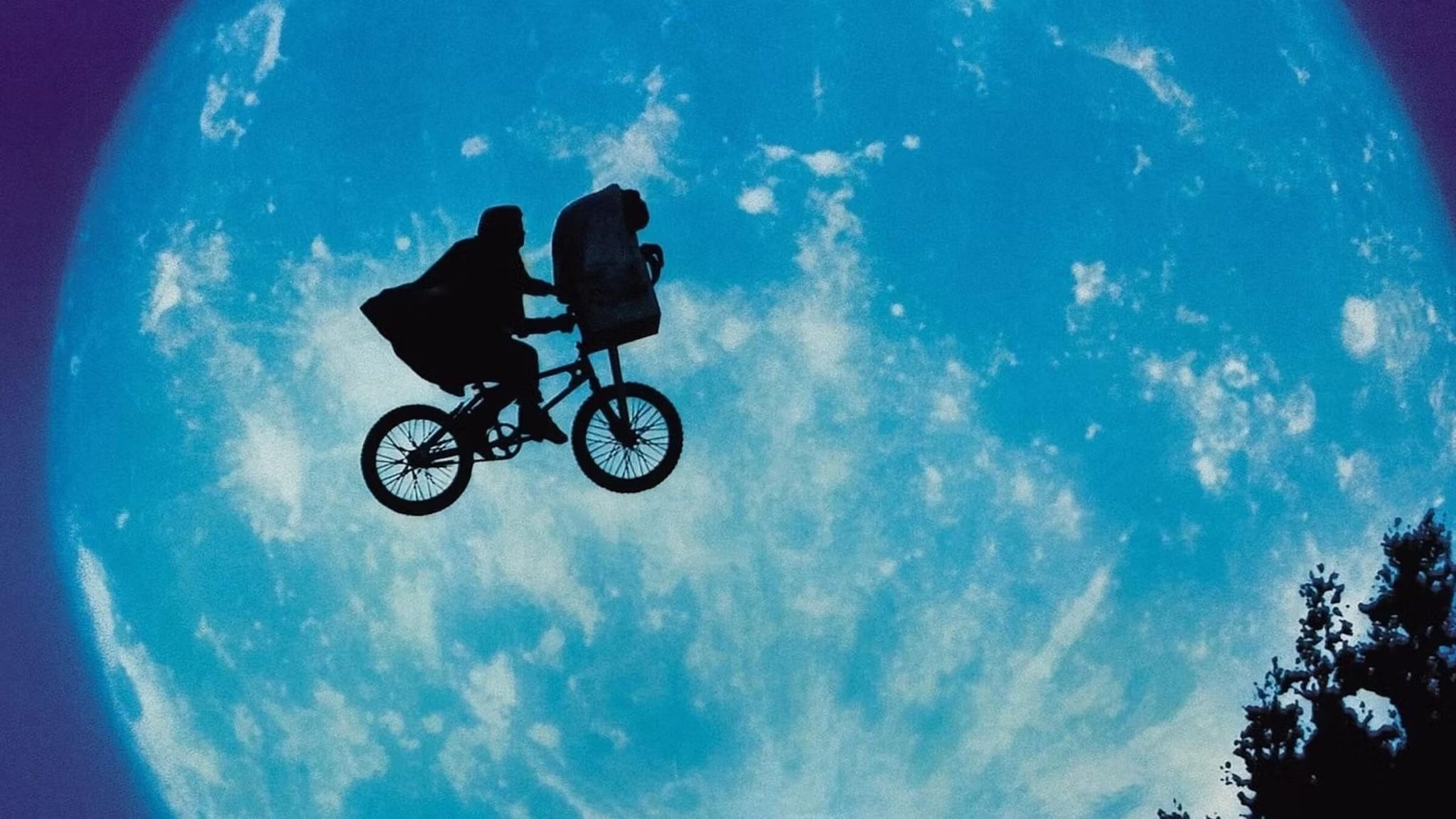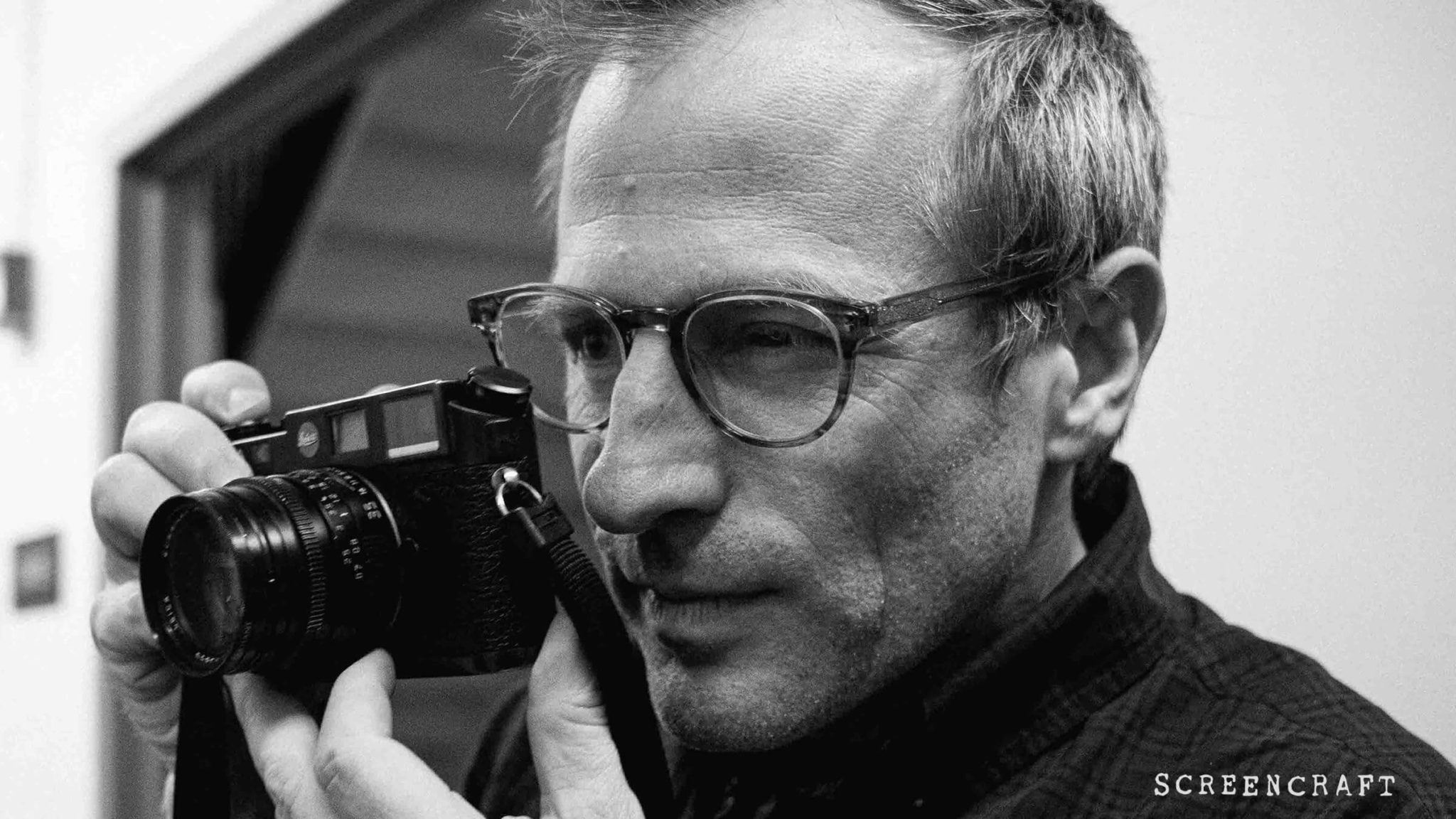Virtual Pitching Advice for Screenwriters

Pitching is a crucial skillset for any screenwriter. A strong pitch is an effective and essential tool for a writer to provide a brief glimpse into the world and core of their script. Wendy Calhoun, a Peabody-Award Winning TV Writer & Showrunner, and one of the judges for the 2021 ScreenCraft Summit Virtual Pitch Competition highly recommends practicing pitching. The work is not over once a script is complete. It is followed by writing and rewriting your pitch draft; stripping it of all outer layer and shrinking it down to the necessary, most compelling kernel of your story.
Last year ScreenCraft hosted its inaugural ScreenCraftVirtual Pitch Competition Grand Finale event in November and it was a huge success with the jury, writers, and the writing community. All the three winners impressed the jury with their pitches and gained the attention of the industry with their 2-minute pitches!
- Lizzie Perin, the Grand Prize Winner’s inspiration for her winning pitch, BAKO came from her own struggles to embrace her identity as a “Japanese American” writer as someone who was adopted and grew up in white, Southern culture.
- Kyra Jones, the first runner-up’s inspiration for GO TO THE BODY comes from her work as a professional sexual violence prevention educator and survivor advocate, and wanted to write a story that accurately depicted the experiences of Black survivors and their loved ones.
- Wesley MacInnes, the second runner-up’s inspiration for BLACKOUT’s pitch was based on his life as an artist in the music industry and is a deep dive into the underbelly of the industry.
Learn more about theses talented writers here: Meet the ScreenCraft Virtual Pitch Top 10 Finalists. And you can see the full video of their pitching here.
With the 2021 ScreenCraft Summit Virtual Pitch Competition open for submissions, we thought we’d bring you the learnings from the winners of our previous season. Here’s what they had to say about how to pitch in a virtual room.
According to you, what is the importance of pitching for a writer?
LIZZIE: Pitching demonstrates that you understand the core elements of storytelling: character arcs, themes, tone, and story structure. It’s a good exercise for me to see if I have fully fleshed out my story. It also seems like an inevitable part of a screenwriting career these days. At some point, you will have to take a script from your laptop and sell it to someone. On a personal level, I think it's necessary to connect a pitch back to you so the listener knows why you are the one to tell this story. To do this, you have to do some soul searching and be honest with yourself. I think this sort of critical thinking makes you a better writer, and the courage to tell a stranger something vulnerable makes you a better person. Plus, it’s good to remember that stories are meant to be shared. It harkens back to the old days when people used to recite Odysseus’s adventures to each other. Before writing, speaking is how storytelling existed. It feels full circle to finish writing a script and then pitch a story aloud. When you step back from the process, there’s poetry to that cycle.
KYRA: Unless you want your scripts to stay on the page forever, you absolutely need to be able to pitch and pitch WELL. You can have the most phenomenal, Oscar-worthy script, but if you want to get it into the hands of someone who can actually get it produced, you have to be able to talk about the project in a way that gets them excited not only to read it but to work with you. Pitching is selling your story and yourself. You need to show you’re worth going to bat with execs and investors for and that you’re someone who’d be dope to collaborate with. Producing films and series can often take years, and stakeholders have to feel like you’re worth being stuck in the weeds with for a good chunk of their life. A good pitch has to do all that in a limited amount of time, but if you master the art, the doors that it will open are endless.
WESLEY: Collaboration is vital to create any kind of work in film, and I think that, in a lot of ways, you are essentially pitching your ideas as a writer any time you collaborate; you’re taking the idea in your head and trying to communicate it in terms that resonate and excite other people. Pitching is essential, in that it is the nexus between the creative and the business world, and you have to be able to pitch in order to take a great idea and make it into something real and tangible.
How did you prepare for the pitch?
WESLEY: In general, I prepare for a pitch by trying to zoom out as far as possible from the core of my project and from there find the most engaging way to invite someone inside, layer by layer, until they reach that core themself. I find when you’re really deep into a project it is challenging at times to think back to if you knew absolutely nothing about it and how you would take someone in that condition to a place where they want to know more. I prepped my pitch by breaking it down into sections (for me it was Personal Connection to Material, Story and Characters, and Tone and Comparables). From there I wrote a pitch, memorized it, and ran it many times until I felt I could do it in my sleep if need be. This allowed me to come in and have some fun, trusting that I had the backbone to rest on.
LIZZIE: For the first round, I wrote a longer version of my story – over the 350-word limit. Then I went through and cut the most unnecessary parts until I got down to the core of it. I asked myself if this is the first time someone hears this, would they understand me?
For the second round of recording a video pitch, I wrote a specific script to memorize based on my 350-word document. From there, I filmed myself and painstakingly watched the videos. What do I have to cut to get my time down? Where should I have paused for emphasis? Figuring this out, I sent a more finalized video to my friends; I showed it to writer and non-writer friends for feedback. Taking their notes into account, I recorded it one last time for the video round.
For the final verbal pitch, I went through a similar process of making sure I knew my pitch inside and out. I practiced live to friends. I also recently read that a way to cure stage fright is to eat something, so I had crackers on hand to eat while I watched the other incredible writers pitch. By the time I pitched, I knew I had done all I could to prepare.
KYRA: Since I’m producing Go to the Body independently, I’ve actually been pitching the project a lot lately. In October, my producer and I won the pitch competition at the Chicago International Film Festival (which was extra wild because the contest happened to fall on one of our filming days for the proof of concept, so I had to hop off the director’s chair to virtually pitch from set). For Screencraft, I was solely talking about the screenplay and my connection to it, so I had to adapt it to paint more of a picture of the characters and their journey. When writing a pitch, I try to answer these questions: What is the story? Why is it important? What other films/TV shows does it compare to? Why does it need to be told now? Why am I the right person to tell it?
Did you read/memorize pitch or was it more freeform?
KYRA: I read my pitch. Feeling more comfortable going freeform is definitely something I need to work on. I’m always nervous I’m going to forget something important! But if you can make it feel natural and conversational, it will give you more opportunities to inject your personality into the pitch.
WESLEY: I created a script for my pitch and had it entirely memorized. However, I try to then throw that script away just a little bit in the moment and use it more as the reference point from which I can choose to stay totally on the plan or veer off if I feel a moment comes up. I find it helps me mentally to know that I have it entirely memorized and could auto-pilot the pitch if needed.
LIZZIE: I’m a hardcore memorizer. I was taught to be a memorizer in my pitching class at FSU, and I stand by what I learned. If you don’t know what you’re going to say, you may get caught off guard and freeze, or worse, blab. Knowing exactly what to say made me feel more confident.
Did you refer to any existing pitch content for reference? What was an inspiration?
LIZZIE: I didn’t. I was afraid I’d be nervous or want to imitate someone in a way that wasn’t natural to me. I did have the benefit of taking a pitching class in grad school, so I got to watch how my friends pitched and know what kind of pitching style I liked.
KYRA: Wendy Calhoun was actually a huge inspiration for my pitch! I have seen her speak on several panels about pitching, and she always has the best advice. I definitely referenced my notes from those events when preparing.
WESLEY: I did watch the Screencraft webinar the judges which allowed me to get a feel for their personalities and the things they were looking for in a pitch. I think knowing your audience is absolutely essential in creating a pitch as everyone presents a different potential entrance point for a conversation, so that was big for me.
What's the most important thing you learned during this entire process?
WESLEY: I would say the most important thing I learned in this process is that you are rewarded for leaving your comfort zone. The idea of pitching my project in front of a live audience was quite daunting. It is a different art form. I’m glad I took the plunge and entered the competition. The experience alone gave me a lot on insight into my own pitching process, how other people pitch, and allowed me to meet a bunch of interesting creatives.
KYRA: I learned exactly how far being vulnerable about your personal connection to the story will get you. I knew this in theory before the competition, but the judges repeated it consistently aftereach finalist pitched. I think that my connection to Go to the Body’s subject matter as a professional survivor advocate is ultimately what got me into the top 3. Finding yourself in the narrative makes whoever you’re pitching to invest in both the script and who is writing it. Remember: “Personal” doesn’t mean “autobiographical.” You wrote it because there was something compelling you to. What was that thing pushing you to put this narrative into the world? Open with that when you pitch.
LIZZIE: I learned to trust myself when I’m pitching. I was incredibly nervous, but when it came down to it, I knew my story better than anyone else in the world. That’s what I told myself – out of the billions of people in the world, no one knew my script better than I did. That gave me some peace of mind. I was also reminded that the judges, like most people, really are there to help. Almost everyone I’ve met in the industry has been genuine and supportive.
Best single piece of advice from the judges?
LIZZIE: I think the best note I got was the note behind all of the notes – setting up my story. Next time, I want to set up my comp, lead character arc, and some rules for the show (since it’s a fantasy), a little sooner. I think the earlier I can clarify structure and world-building, the easier it is for people to follow.
KYRA: Wendy’s advice to paint a picture of one of the scenes to put the audience in the main character’s shoes stuck with me the most.
WESLEY: The first is to always demonstrate your strong personal connection to the material; you’re showing not just why this story should be told but why YOU are the one to tell it. I’m of the opinion that when it comes to creative ideas in all art forms, there is nothing you can come up with that has not been generated in some way before… and this is totally ok. The second piece of advice was something I can strengthen in my own pitch. It was the need to add levity and a bright side. My pitch was fairly dark and I do believe would benefit from a bit more on the up swing.
How is a Zoom pitch different than in-person? (If you've pitched before)
WESLEY: Zoom pitches have the upside of doing it from the comfort of your own home, which is quite nice. However, you lose the vibe of the room a bit. This is why I like to have a pitch fully memorized, so that if you are not getting anything back from the room on Zoom you can still get your idea across. However, in the case of this Pitch Competition the judges and live viewers were all so so so kind and gave such warm welcomes to our projects. So, it was very much possible to feed off of it. I would say it is a good idea to have done as much tech testing in advance as you can (mic, camera, lighting, internet connection, etc.) and then realize that Zoom will always add a random element beyond your control that you just need to roll with and realize everyone is in the same boat.
KYRA: The pros are that you can have your notes up and it’s less obvious when you check them than it would be in-person. Another pro is that you can pitch in your home or another space that feels familiar and comfortable, AND you can pitch in sweatpants and no one will be the wiser! The cons are that it’s harder to connect with who you are pitching to through eye contact and reading their body language. Everyone is just a floating head. Additionally, through Zoom you really have to be ON IT with your personality, or else whoever you’re talking to will just get bored and start browsing Etsy for gifts for their grandma.
LIZZIE: My actual pitch and my process to prepare were the same as they would have been in person, but there were other little things I had to consider, like buying a ring light, arranging my background, etc. The weirdest thing during the pitch was that I had to look at my laptop camera to “make eye contact” as opposed to look at the person. Because I had that focal point, I was unable to read the room and know what’s landing, so that was simultaneously freeing and scary. My camera has a green light when the video is on, so there was this surreal feeling I was trying to shake off that I was like some sort of delusional Gatsby cliché. Despite all this, the best part of pitching on Zoom was that I wore my penguin slippers. In person, I always feel the need to wear heels to these kinds of events because I'm so short, but in my bedroom, I went for my old, comfy penguin slippers.
Did you get any offers from this pitch?
KYRA: I’ve been lucky enough to win or place highly in a number of screenwriting competitions and film festivals over the last two years, but nothing has gotten me close to the type of immediate, potentially life-changing results as the ScreenCraft Virtual Pitch Competition. Other competitions send out a list of the finalists and winners to a broad collection of agents, managers, and execs. Then, you kind of just cross your fingers that someone will take notice of your logline and reach out to you. But the folks at ScreenCraft really do the work to connect you with specific industry people they think could fall in love with you and your story. They personally advocate for you and your unique voice. Neha and Emily (who run ScreenCraft’s competitions) reached out to me and asked if I was represented and what they could do to help me advance my career. I told them I was ideally looking for a BIPOC manager/agent, and they were really thoughtful about who they sent my work to. Hollywood really listens to ScreenCraft and takes the writers who they discover seriously. It’s truly amazing.
Additionally, because the pitch competition happened in front of a live audience, there are now hundreds of new people who are now familiar with Go to the Body and are rooting for it to be produced. My social media blew up after my pitch with wonderful, encouraging messages from people who loved the story. Most of those messages were from other Black women, which made me really emotional. There were a lot of happy tears shed after this experience.
LIZZIE: I have sent my script to two different producers/production companies, and I have sent it to several managers. We’ll see where it goes! Aside from my offers, Screencraft has sent my script to a few managers, so I’m hoping to hear back from them after the holidays. The Screencraft Team has been so kind and supportive thus far, and I'm excited to work with them moving forward. I feel like I’m on the precipice of a big career move, but even if I’m not, this has been a great experience. I made connections, learned a lot, and I have the confidence to continue writing.
WESLEY: I don’t mean to be coy in dancing around this question, but as I said above, I’ve had a couple of interesting opportunities come up. However, they are too early in their proceedings to publicly speak on. I will say this: being in the Virtual Pitch Competition and being in the top 3 has certainly already drummed up some opportunities for me that I would have been hard pressed to create on my own, and I’m grateful for the shot. I’ll keep you guys posted.
Any advice for first-time pitchers?
WESLEY: Here are my five best tips for first-time pitchers:
1) Find your hook. Get out of the depths of your project and zoom waaaaay out and figure out what it is that people need to hear first to get them interested and then build a track from there that begins at the entrance and goes deeper and deeper into the maze until it reaches the coolest nugget that makes your project undeniable. Then figure out what your best personal connection is to the piece and find a way to work that into the pitch strongly. Oh, and do yourself the biggest favour and pick other amazing projects to compare yours to… it’s like a cheat code because you are evoking pre-existing images in other people’s minds when you bring those up. So, do it!
2) Prep prep prep… Write and re-write your pitch until it feels good. Memorize it and run it aloud. Run it to people you trust. Run it to your pet. Run it to yourself. But definitely try to say it aloud a lot before you go to do it. It will create muscle memory that will help you when your nerves come up.
3) Don’t sabotage yourself right out of the gate by saying anything like “this is my first time” or “it’s not quite done” or anything like that. If you are pitching, the room is yours… don’t give up your power. Everyone has doubts in their own work… you don’t need to broadcast it. Trust yourself and your work.
4) Make people lean forward, rather than blowing them back. Everyone has their own pitching style, but I personally think (especially in the era of zoom pitching) that there is great value to an understated and conversational pitch. Show your passion for the subject, but don’t “pitch it”. Being really big can be a lot to take and can make people miss your important points. If you’ve built a solid pitch you should be able to speak near a whisper and have people leaning in and hanging on every word. This will also allow any BIG moments to hit hard.
5) Let it all go… When the time comes, throw all the prep away and try to have fun with it. This is story telling after all, and somewhere along the line it should bring joy to your heart.
Your story is worth telling, so if you want to do it just start and don’t stop until you have a draft. Don’t get it right… get it written.
KYRA: Practice! Pitch for your friends and family, but since they are obviously kind of biased, ask other writers and filmmakers you know if you can practice on them. If it’s a Zoom pitch, record yourself so that you can watch it back and see what you look like. Pitching is a bit of a performance, and just like acting or any other type of performance art, you have to do it repeatedly to master it.
LIZZIE: A silly piece of advice – wear a ring. I’m a fidgety person, and I tend to touch my hair and my face Home Alone-style when I’m nervous (yes, even during Covid, I can’t stop). If I wear a ring, I can subtly twist it in a way that’s not distracting and utilizes that nervous energy. Even if I don't touch it, I feel secure knowing it's there. The advice behind the advice here is to know what makes you you. What habits do you have that benefit you, and what habits do you have that prohibit you from reaching your fullest potential? If you can’t work past your nerves, find a way to with them. Take some time to introspect, and then wear a ring.
The ScreenCraft Summit Virtual Pitch Competition is open, with the additional advantage of pitching to the ScreenCraft Summit audience! If you have a 350-word pitch ready, don't wait on it! Use this as an opportunity to polish and prepare the best damn pitch for your script. Be sure to check the contest page for upcoming deadlines. Also, if you wish to check out the 2020 ScreenCraft Virtual Pitch Grand Finale event, you can watch it on our ScreenCraft Facebook Page, or read more here.
Tags
Get Our Screenwriting Newsletter!
Get weekly writing inspiration delivered to your inbox - including industry news, popular articles, and more!





























